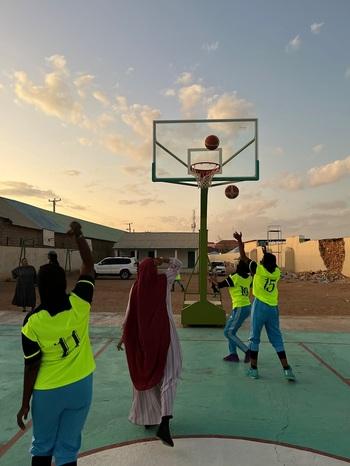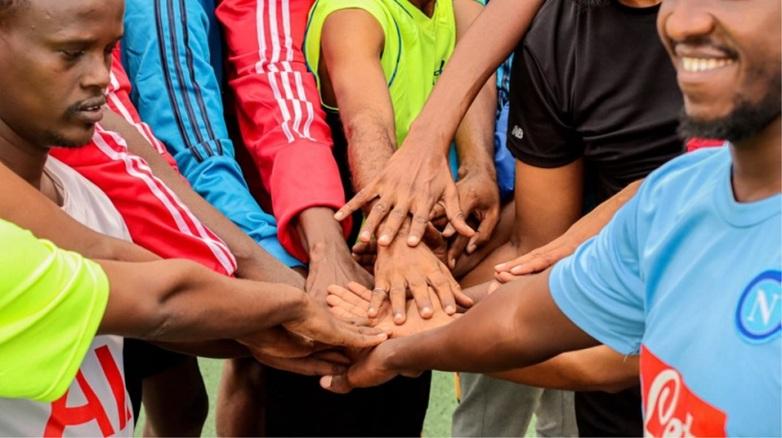Context
The collapse of the government in 1991, protracted conflict, attacks by the terrorist militia Al-Shabaab and recurring natural disasters have led to systematic impoverishment and displacement of Somalia’s population. The Covid-19 pandemic and the Russia-Ukraine conflict have further aggravated the already dire humanitarian situation. The number of internally displaced persons (IDPs) (2.97 million in August 2022) continues to rise due to climatic shocks and political conflicts, and this reinforces Somalia's rapid urbanisation. In Garowe, the capital of the semi-autonomous state of Puntland, IDPs now account for more than one-third of the population.
Social and economic interaction between IDPs and residents of host communities remains limited.
Extreme poverty, high vulnerability, psychological stress, food insecurity and lack of (economic) perspectives as well as social marginalisation determine the everyday life of IDPs and poor residents of host communities. State institutions remain unable to fulfil their mandate to economically and socially integrate IDPs, thus exacerbating the situation.
Objective
The personal and socio-economic resilience of extremely poor IDPs and residents of the host communities in Garowe, Puntland is improving.


